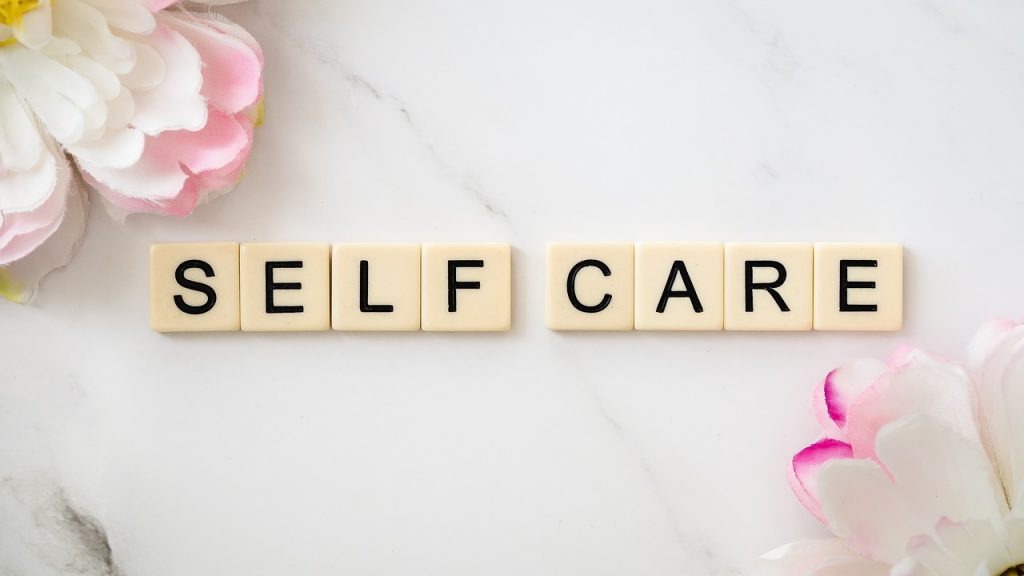So, again, comes the time when life is too hard on us and we make this awful blunder and realize that stumbling blocks on the way to our goal are too heavy. What do you do then – put yourself under the flak of your inner critic? If so, maybe you lack self-compassion. Too many of us are inclined to self-criticism which becomes excessive easily – while we depend on our inner dialogues for our general well-being. You may need to take measures to quieten down the inner critic. Here are some awesome tips on how to develop self-compassion.
Is Self-Compassion Really So Significant?
It is. You depend on it for your overall feeling of wellness. If you are self-compassionate, it will help you:
- Mitigate stress during arduous periods
- Become a better self-accountable individual
- Stay more emotionally stable
- Empathize and care for those around you
- Develop a growth mindset
- Bear serious life crises with more resilience
- Maintain a healthy lifestyle with more workouts and less reliance on drugs and alcohol
There is nothing selfish in being self-compassionate – on the contrary, it won’t wean you to narcissism as good self-esteem sometimes can. Here is how to do it:
Learn To Be Self-Aware
Start with learning to alert yourself when a negative inner dialogue sets in. When it begins, distance yourself, analyze the dialogue and remain non-judgmental. As soon as you get to understand the grounds for negative thoughts, you can replace them with more productive ones.
As you go on doing it you develop your self-awareness. Go over your body to see if there is any tension or pains; acknowledge the sensation and voice it. Such practice is far more advantageous in preference to ignoring unwelcome emotions that tend to worsen later on.
Take Good Care Of Your Body
Give your body plenty of healthy food. Ensure enough good rest. Walk regularly. Treat yourself to a massage – neck, legs, arms. You will grow more self-compassionate as you start taking better care of your body.
Set Your Mind The Way You Need
Now you are not only an individual but one of humankind and of part of humankind’s experience. Think big and perceive your personal blunders as humankind’s shortcomings.
You will be able to do it to a greater extent if you switch off requests for validation from others. Oftentimes you chide yourself more severely than it is necessary because of your social awareness. The fewer social influences you experience the more you will learn to rely on yourself.
Find someone you can discuss these points with. In an open conversation, you feel that everyone has their own concerns and struggles, often similar to yours. This way you can connect with others stronger as your awareness of the big picture grows.
Compose an emotional letter to yourself

Remember an occurrence that left you anguished – something related to a relationship, or problematic situations at work, anything that left you dejected. Sit down and write out (to yourself) what happened, just the anguish of it, avoiding laying the blame. Express and nurse your feelings.
Become richer and more diverse emotionally
In order to hone your self-compassion, you would do well to begin to define your current emotions. Concentrate on your current state, acknowledge what you are experiencing and think of what your emotion can tell you about yourself. You may start a journal to better distinguish between various emotions and even enlarge your vocabulary.
Buoy yourself up
Imagine your friend has come to relate to you a taxing situation they ran into. As you console and empathize with them, so you would be able to treat yourself if you found yourself in a similar position.
Physical caress

Picture yourself at a tiresome meeting or conducting an unnerving dialogue. You begin to bend under the tediousness of it all. You can care for yourself by simply laying your palm on your hand or forearm.
As you touch, feel the warmth of your palm. Press it a bit heavier, pat slightly, as if you were tapping a relative or a friend on the shoulder for encouragement. If it is acceptable, lay your palm (or both palms) over your heart and feel it beating.
According to psychologist Chris Germer, the soothing effect of physical touch will be stronger if you augment it with a self-compassionate mantra in your mind.
You can use simple sentences suiting the situation or general ones like “It is so hard, but I will bear it.”
Practice mindfulness
If you are minded to be better aware of yourself and nurture your feelings, practice a few swift exercises, meditate every day for several minutes.
As you are getting better at understanding, forgiving and nursing yourself you will fully recognize the advantages that come with it. Self-compassion lies the ground for improving your health, strengthening your relations with others as well as enhancing your happiness in every sphere. Scientists aver that self-compassion takes the sting out of depression and anxiety. Suffering is made easier with those who treat themselves with kindness and compassion; after a difficult situation such people can disperse stress and regain contentment much more rapidly and easily.












